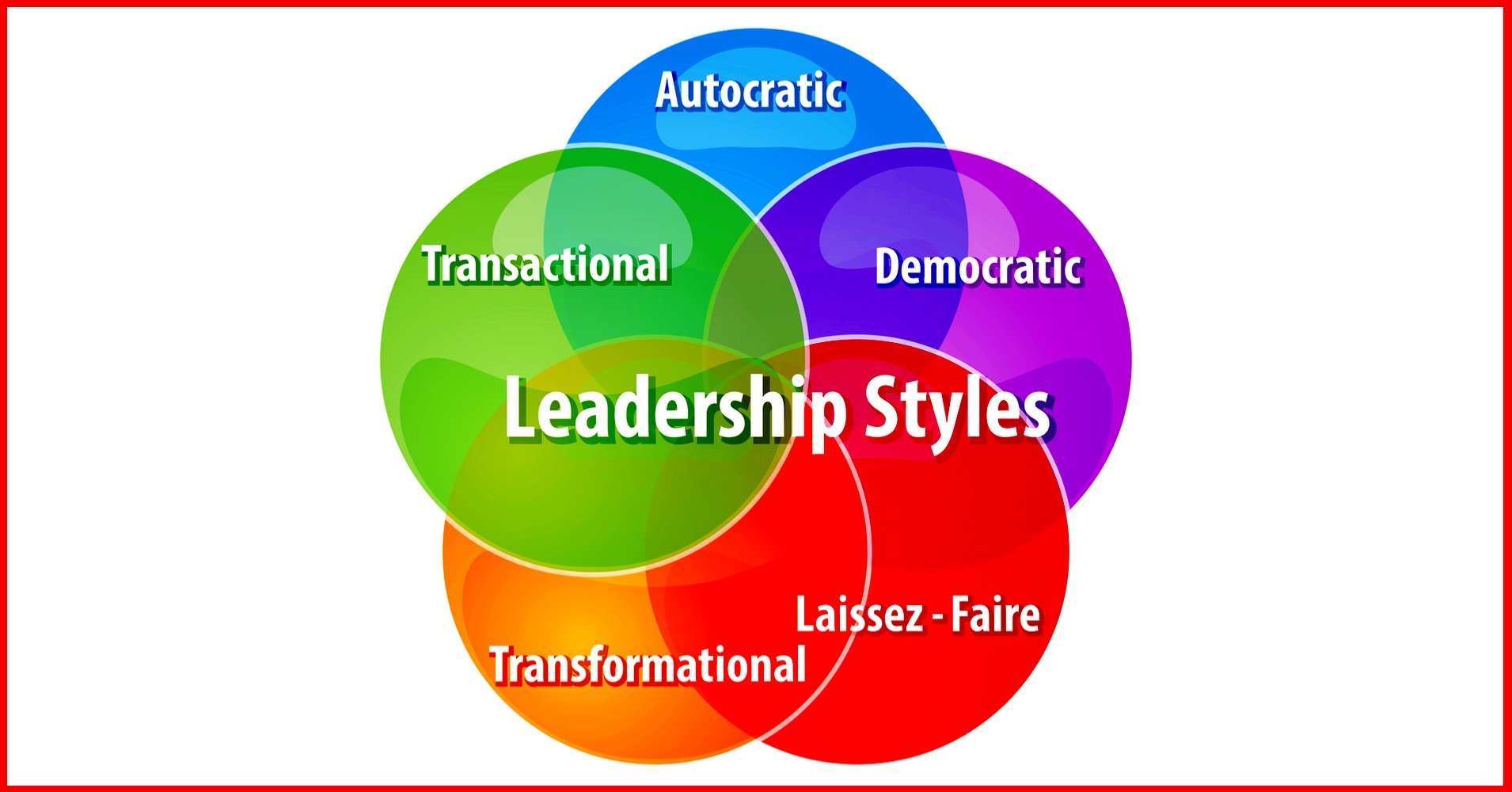Mexico Type Of Leader: Understanding The Leadership Styles And Their Impact
Mar 30 2025
Mexico type of leader plays a crucial role in shaping the country's political, economic, and social landscape. Leadership in Mexico has evolved over centuries, influenced by cultural, historical, and global factors. In this article, we will explore the various types of leaders in Mexico, their characteristics, and their impact on the nation's development.
Mexico has a rich history of leadership styles, from ancient civilizations to modern governance. The nation's leaders have faced numerous challenges, including economic inequality, corruption, and social unrest. Understanding the different types of leaders in Mexico can help us appreciate the complexities of the country's political system and its leadership dynamics.
This article delves into the various leadership styles in Mexico, examining how these leaders have shaped the country's trajectory. By exploring the historical context, cultural influences, and modern-day challenges, we aim to provide a comprehensive overview of Mexico's leadership landscape.
Read also:Keto Beef Vegetable Soup A Hearty Lowcarb Delight
Table of Contents
- Historical Leadership in Mexico
- Cultural Influence on Leadership
- Types of Leaders in Mexico
- Modern-Day Leadership in Mexico
- Economic Impact of Leadership
- Social Challenges and Leadership
- Global Perspective on Mexican Leadership
- Future Prospects of Leadership in Mexico
- Conclusion
Historical Leadership in Mexico
Mexico's leadership history dates back to ancient civilizations such as the Aztecs, Mayans, and Olmecs. These early societies were led by rulers who combined religious and political authority. The Spanish colonization introduced a new form of governance, with viceroys appointed by the Spanish crown ruling the colony. After gaining independence in 1821, Mexico underwent a series of political changes, including the rise of caudillos—strongmen who dominated regional politics.
The Mexican Revolution (1910-1920) marked a turning point in the nation's leadership. Revolutionary leaders such as Emiliano Zapata, Pancho Villa, and Francisco Madero sought to address social and economic inequalities. The Institutional Revolutionary Party (PRI) dominated Mexican politics for much of the 20th century, with its leadership style characterized by centralized control and patronage.
In recent decades, Mexico has transitioned towards a more democratic system, with leaders elected through competitive elections. This shift has brought new challenges and opportunities for leadership in the country.
Cultural Influence on Leadership
Mexican culture significantly influences leadership styles in the country. Traditional values such as hierarchy, respect for authority, and collectivism shape the way leaders interact with their followers. Familial ties and personal relationships often play a crucial role in decision-making processes.
Moreover, the concept of "machismo" has historically affected leadership dynamics in Mexico. Male-dominated leadership structures have been prevalent, although recent years have seen more women entering political and corporate leadership roles. Cultural norms continue to evolve, impacting the leadership landscape in Mexico.
Types of Leaders in Mexico
Authoritarian Leaders
Authoritarian leaders in Mexico have historically relied on centralized power and control to maintain authority. These leaders often suppress dissent and prioritize stability over democratic principles. During the PRI's dominance, many presidents exercised authoritarian tendencies, using state institutions to consolidate power.
Read also:Hdhub4utw Movies Your Ultimate Destination For Highquality Movie Downloads
- Emphasis on maintaining order and discipline
- Limited tolerance for opposition
- Focus on top-down decision-making
Charismatic Leaders
Charismatic leaders in Mexico have the ability to inspire and mobilize large segments of the population. Their personal appeal and vision often resonate with citizens, allowing them to drive significant change. Leaders such as Benito Juárez and Andrés Manuel López Obrador (AMLO) have been characterized by their charismatic leadership styles.
- Strong emotional connection with followers
- Ability to articulate a clear vision
- Focus on social justice and equality
Democratic Leaders
Democratic leaders in Mexico prioritize participatory governance and inclusivity. They encourage citizen engagement and promote transparency in decision-making processes. The transition to democratic elections has enabled more leaders to emerge who value pluralism and represent diverse interests.
- Emphasis on citizen participation
- Commitment to transparency and accountability
- Focus on addressing the needs of marginalized groups
Modern-Day Leadership in Mexico
Today's leaders in Mexico face a complex set of challenges, including economic inequality, corruption, and violence. President Andrés Manuel López Obrador (AMLO) represents a modern-day leader who has sought to address these issues through his "Fourth Transformation" agenda. His leadership style combines elements of charisma and populism, resonating with many Mexicans who seek change.
However, modern leadership in Mexico also involves balancing traditional values with global influences. Leaders must navigate the demands of an increasingly interconnected world while addressing domestic priorities. This requires a nuanced approach that incorporates both local and international perspectives.
Economic Impact of Leadership
The economic policies of Mexican leaders have had a profound impact on the nation's development. From the nationalization of industries under Lázaro Cárdenas to the neoliberal reforms of Carlos Salinas de Gortari, leadership decisions have shaped the country's economic trajectory. Recent leaders have focused on reducing poverty and promoting inclusive growth, although significant challenges remain.
According to the World Bank, Mexico's GDP per capita has increased over the past few decades, reflecting the efforts of its leaders to modernize the economy. However, issues such as income inequality and corruption continue to hinder progress. Effective leadership is crucial in addressing these economic challenges and ensuring sustainable development.
Social Challenges and Leadership
Mexico's leaders face numerous social challenges, including high levels of violence, corruption, and inequality. The drug war and organized crime have had devastating effects on Mexican society, requiring strong leadership to address these issues. Leaders must also focus on improving education, healthcare, and social services to enhance the quality of life for all citizens.
Community-based initiatives and grassroots movements have played a vital role in complementing government efforts. Effective leadership involves collaboration with civil society organizations and other stakeholders to create comprehensive solutions to social challenges.
Global Perspective on Mexican Leadership
Mexico's leadership plays a significant role in regional and global affairs. As a member of the North American Free Trade Agreement (NAFTA) and other international organizations, Mexican leaders have the opportunity to influence global policies. Issues such as migration, trade, and climate change require coordinated efforts between Mexico and its international partners.
Global perspectives on Mexican leadership often highlight the nation's potential to contribute to international development. By addressing domestic challenges and promoting regional cooperation, Mexican leaders can enhance their country's standing on the global stage.
Future Prospects of Leadership in Mexico
The future of leadership in Mexico depends on the ability of its leaders to address pressing challenges and seize opportunities for growth. Emerging leaders must focus on promoting transparency, reducing corruption, and fostering inclusive development. Technological advancements and changing demographics will also shape the leadership landscape in the coming years.
Moreover, the next generation of leaders in Mexico will need to adapt to a rapidly evolving global environment. By embracing innovation and collaboration, they can position Mexico as a leader in the international community. The nation's rich cultural heritage and diverse population offer a strong foundation for future leadership success.
Conclusion
Mexico type of leader has a profound impact on the nation's political, economic, and social development. From historical figures to modern-day leaders, the country's leadership landscape reflects its complex history and cultural influences. Understanding the various types of leaders in Mexico provides valuable insights into the challenges and opportunities facing the nation.
We encourage readers to engage with this article by leaving comments or sharing it with others. For those interested in exploring related topics, we recommend reading additional articles on Mexican history, culture, and politics. Together, we can deepen our understanding of Mexico's leadership and its significance in shaping the country's future.
References:
- World Bank. (2023). Mexico Overview. Retrieved from [World Bank Website]
- United Nations. (2023). Sustainable Development Goals in Mexico. Retrieved from [UN Website]
- OECD. (2023). Economic Surveys: Mexico. Retrieved from [OECD Website]


